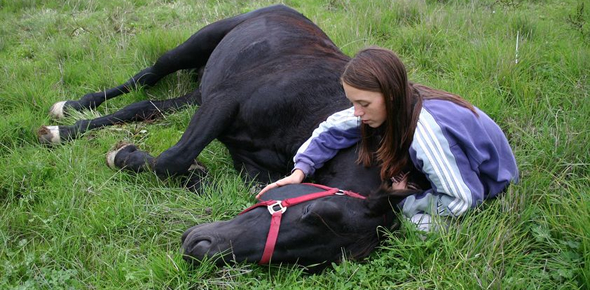def. (noun) benevolent, considerate and helpful
Kindness, particularly in the form of altruism, does a person good; so much so that it appears to be hard wired into our system. People who are mean and selfish are likely to be shunned; those who are kind, considerate and helpful are liked and valued. Acts of kindness reduce stress, increase the release of feel good chemicals in your body, boosts your immune system and, in the form of volunteering, can provide more joy then doubling your income or obtaining a college degree. And, you can pass it on like a virus. A couple of researchers have shown that people who experience a kind act behave kindly to at least 3 other people (who pass it on to another 3, etc.). Kindness is a Character-istic that is crucial to the well-being of your kid as well as making living in communities pleasant and worthwhile. Here’s the problem though, hurtful and insulting behavior can also be passed along. If you want to promote a greater sense of Kindness in your kid . . .
What’s a parent to do?
Character check. First, review these qualities to see where your kid falls on the continuum of kindness.
□ Makes comments that build up others
□ Treats animals gently and looks out for those treated unkindly
□ Refuses to be a part of insulting, intimidating, or ridiculing others
□ Offers help and assistance to people
□ Naturally steps in to help others
□ Does things to cheer others up
□ Goes out of their way to encourage or include others
□ Has nice things to say to and about others
□ Does considerate things for others “just because”
If they are showing a lot of these qualities, hug them and tell them how proud you are that they are such a Kind person. If they haven’t quite got the knack, here are some things you can do to give them a kindness booster.
Model it. Since practicing acts of Kindness infects other people, get to it! More importantly, practice it on your kid to make sure they get infected with the Kindness bug. Here is a long list of kind acts anyone can do. Don’t forget to work in movies, books and stories that show kindness rewarded and have characters who are the personification of kindness. Here is a list of movies where Kindness is a dominant theme. And here is a video game where kids can earn karma points for acts of kindness. What a concept.
Notice it. Pay attention to when your kid shows kindness to others. Make a habit of commenting on it. It is how your kid knows what you value and what you think they should value. Point out kind acts when you see them in the world around you. Especially talk about times when kids have demonstrated kindness. (Not to shame your kid but to help them see how kids can show Kindness. “You could so something like that too!” not “Why can’t you be more like THAT.”)
Expect it. Expectancies have a strong effect on what kids end up trying and doing. Make sure your kid expects kindness of themselves by expecting it of them. Talk as though you just assume your child will be kind to others. “You’re going to go help that woman with her groceries aren’t you?” “I know you’ll find lots of ways to be kind to other people, once you think about it.”
Express it. Use words like kind, considerate, selfless, gentle, sweet. Require your kid to use kind words when talking about others, especially when mad or provoked by others. (“Bless their heart.”
Next: Kindness (continued)

